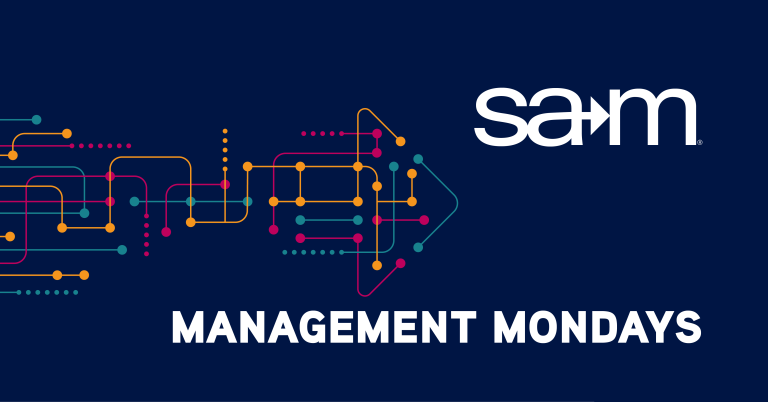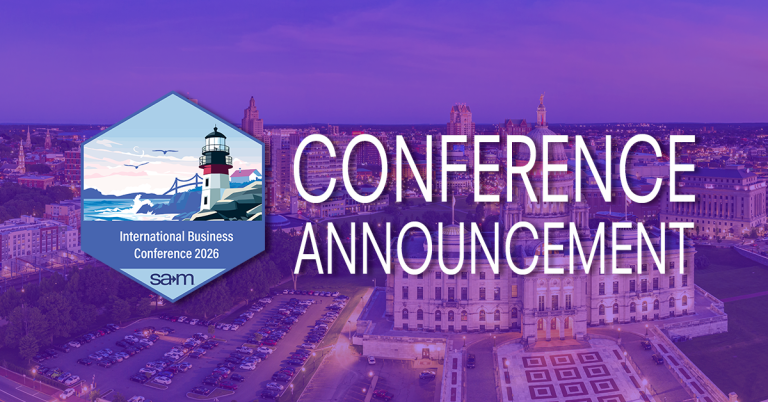
Communication Is Not Transmission: It Is the Behavior That Follows the Message
Communication is often treated as information sharing, but high performing teams know it only matters when it shapes understanding and behavior. When leaders pay attention to how messages land, listen with intention, and tailor communication to their audience, alignment improves and confusion fades. This Management Monday article explores why communication is a leadership practice rather than a one time event, how listening drives clarity, and why culture is shaped through everyday conversations. Strong communication is not about saying more. It is about saying what matters in a way people can act on.


